Keen to learn something new? Try one of these top 10 language learning apps
People who learn to speak a new language have better memory and listening skills, enhanced problem-solving and critical-thinking abilities, and an improved ability to multitask. Try one of these top 10 language learning apps to advance your speaking skills and fluency.
An old Chinese proverb goes: “To learn a language is to have one more window from which to look at the world.”
This rings true, especially during this time.
According to an Oxford Arts blog, social distancing has led to a “surge in interest in language learning”. One popular language learning app has claimed increased usage of more than 200 percent while others are reporting new sales have risen more than 50 percent, the post said.
Language learning app Duolingo says all countries reported a surge in new users in the weeks after the lockdown — India saw a 108 percent increase in users. It wasn’t the only one; other countries showed a keen interest in languages, including the US (66 percent), France (107 percent), Germany (66 percent), Italy (94 percent), and Spain (109 percent). The UK, meanwhile, saw a whopping 300 percent jump in new users.
The plethora of language learning apps available use innovative strategies to create an engaging, interactive experience to help improve your language skills and fluency. They are also much more easier on the pocket, especially when compared to formal schooling.
Apart from being an interesting hobby, multiple studies have shown that using more than one language can delay the onset of dementia by four to five years.
So, what are you waiting for? Download the app that best suits you and get started.
Duolingo
Termed the “best free language learning app” by The Wall Street Journal, Duolingo aims to make learning languages fun. It offers short lessons that fit into your schedule (even bite-sized ones that last 5 minutes) and help you practice speaking, reading, listening, and writing to improve your vocabulary and pronunciation.
Start with basic phrases and sentences, and learn new words daily. Learn a language of your choice – be it English, Chinese, Japanese, Korean, Spanish, French, German, Italian, Russian, Portuguese, Turkish, or others, with tests, quizzes, games, visual cues, and real-time challenges.
The app claims that “34 hours of Duolingo are equivalent to a semester of university-level education”.

Babbel
German subscription-based language learning app and e-learning platform has been helping people across the world learn new languages since January 2008. It aims to improve confidence and comprehension with its interactive courses, which are available for beginners and advanced students.
These courses offer exercises for reading, writing, listening, and speaking, along with 10-15-minute activities that can fit into busy schedules. The app offers coaching in 14 languages, including Danish, French, German, Italian, Brazilian Portuguese, Spanish and Turkish.
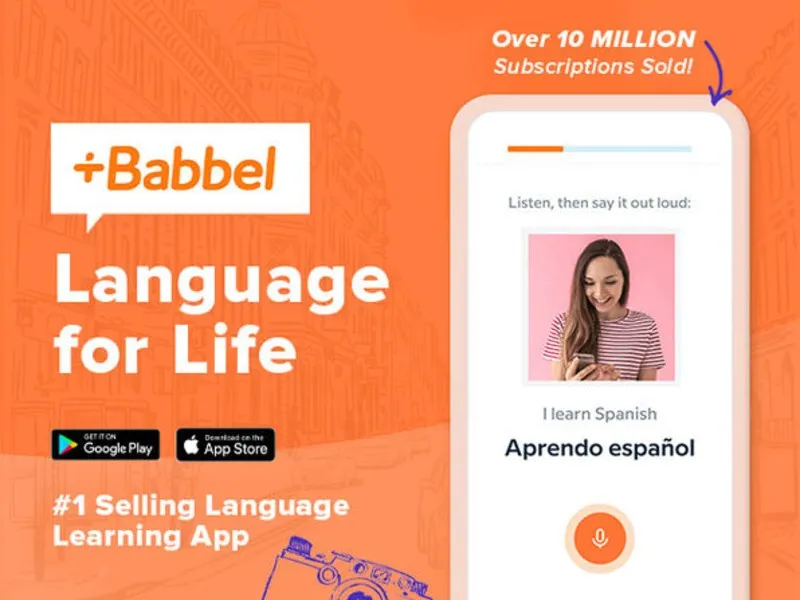
Memrise
This London-based language learning platform uses spaced repetition of flashcards to increase the rate of learning. The app aims to take you “from language learning to language speaking” by helping you know the meaning of words and phrases, understand how and when to use them in real-life situations, and be able to chat with other people.
It offers courses in 22 languages, including Spanish, French, German, Japanese, Italian, Korean, Chinese, Russian, Arabic, Dutch, Swedish, Norwegian, and Icelandic. The app focuses on enhancing conversational skills to help make your travel, moving abroad, or chatting with locals easier.
It does this by helping you practise via thousands of video clips of real native speakers, and fun and effective games to practice your skills.

Mondly
Named App of the Year by Facebook and Best New App by Apple, this Brasov, Romania-based app has over 70 million downloads. It combines a conversation-focused curriculum, speech recognition, and bite-sized lessons on real-life topics such as family, sports, and more to help you cultivate language skills.
Unlike most apps that only let you learn from English, Mondly allows you to learn from any of its 41 languages.
It claims to get you fluent faster, easier, and smarter by focusing on phrases (instead of words), listening to native speakers, practising real conversations, and locking in knowledge with a repetition system. There’s even an app for children – Mondly Kids!
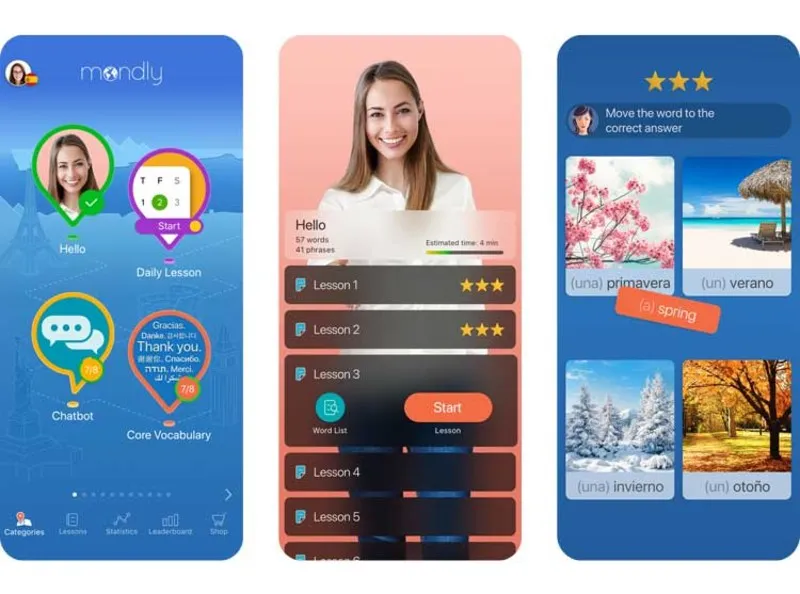
Busuu
Named after the endangered language Busuu, spoken in Cameroon, Busuu reported more than 100 million registered users as of January 2020.
The website and mobile apps offer free and Premium access to 12 language courses (English, Spanish, French, German, Italian, Portuguese, Chinese, Japanese, Polish, Turkish, Russian, and Arabic), taught in 15 interface languages.
Regular tests ahead of lessons help check the language proficiency as they focus on dialogue, comprehension, and productive skills. Learners can sign up for free, or subscribe to a Premium membership that offers features like advanced grammar lessons, offline mode, an adaptive Vocabulary Trainer, and McGraw-Hill Education certification.
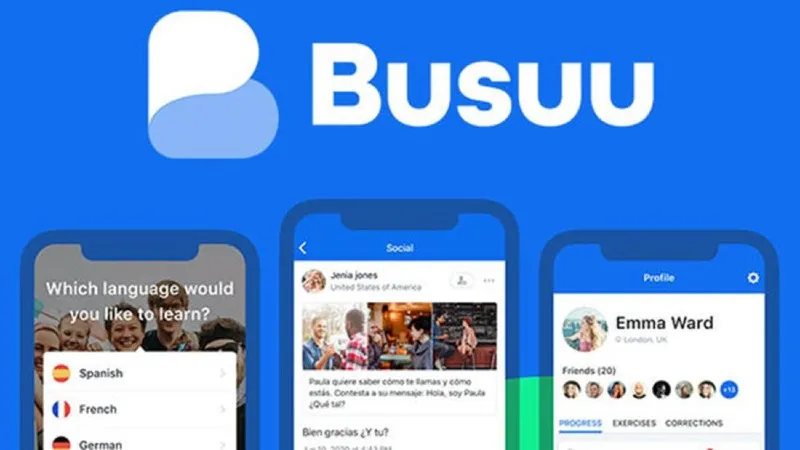
Rosetta Stone
Rosetta Stone began with “one man's dream to find a better way to learn a language”. Founder Allen Stoltzfus, who struggled to learn Russian more than 25 years ago, decided to develop an effective way to learn a new language through natural immersion.
Today, Rosetta Stone – named after an artefact that unlocked the secrets of Egyptian hieroglyphics for linguists - uses cloud-based solutions to help learners read, write, and speak more than 30 languages, including several endangered languages.
Be it school students or enterprises, the company has innovated language education by structuring learning with tailored plans, manageable lessons, real-life scenarios, and the patented TruAccent speech-recognition engine.
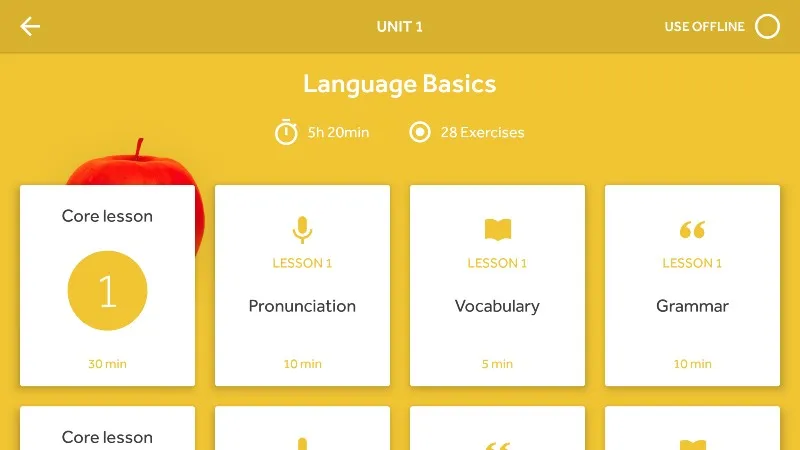
Lingvist
Co-founded in 2013 by an Estonian physicist involved with the team that identified the Higgs-Boson particle, Lingvist offers introductory English, Spanish, French, German, Russian, Brazilian Portuguese and Estonian courses, in various languages.
The adaptive language learning platform works on the idea that the 1,500 most common words cover 80 percent of the scenarios we face in everyday life – in every language. Lingvist’s algorithms claim to guide you toward the core words you use and then expand on this base so that you learn smarter and faster.
The platform is “not about teaching grammar, but about teaching the language as it is used naturally”.
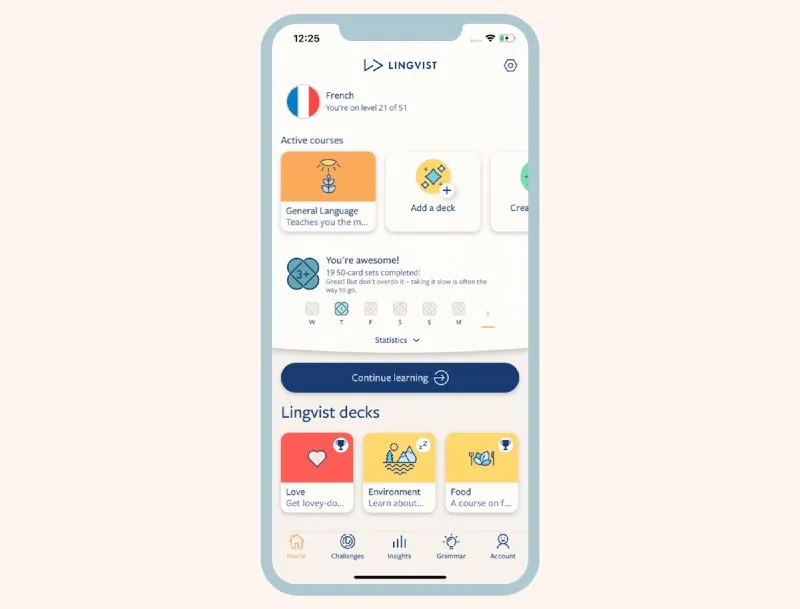
Nextlingua
This app aims to make learning top languages like English, Russian, French, Italian, Portuguese, and Spanish “fun”. It offers a range of interactive exercises that link to the massive and informative visual dictionary and other useful resources.
Begin with the basics - alphabet (through simple words, accompanied by pronunciation rules), essential vocabulary, simple phrases, etc – and move on to grammar and dialogues. The lessons – basic, intermediate, and advanced – are complemented with video lessons, colloquial phrases, songs, and more.
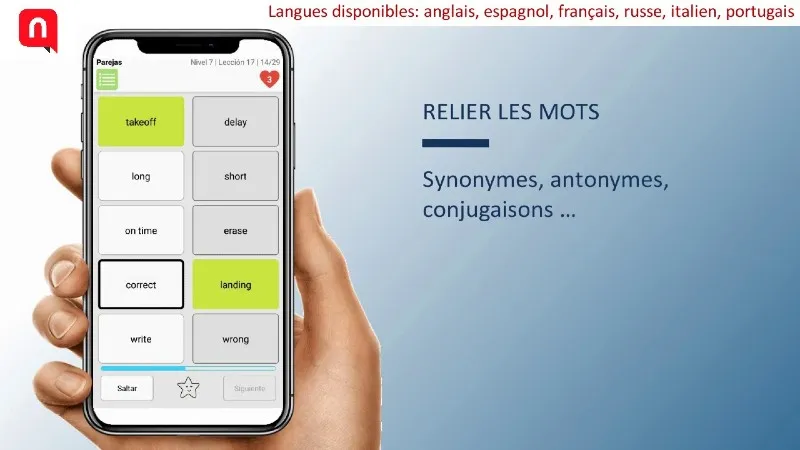
FluentU
This learning resource believes that immersion is key to learning a new language. It brings language learning to life with real-world videos that claim to make learning Spanish, French, Mandarin Chinese, German, Japanese, English, Italian, Russian, and Korean easy as pie.
The music videos, movie trailers, news, and inspiring talks have interactive captions – just click on any word to see an in-context definition, along with example sentences.
It uses quizzes and other rich, engaging experiences to naturally help you remember and master new vocabulary – and speak the language of your choice fluently!
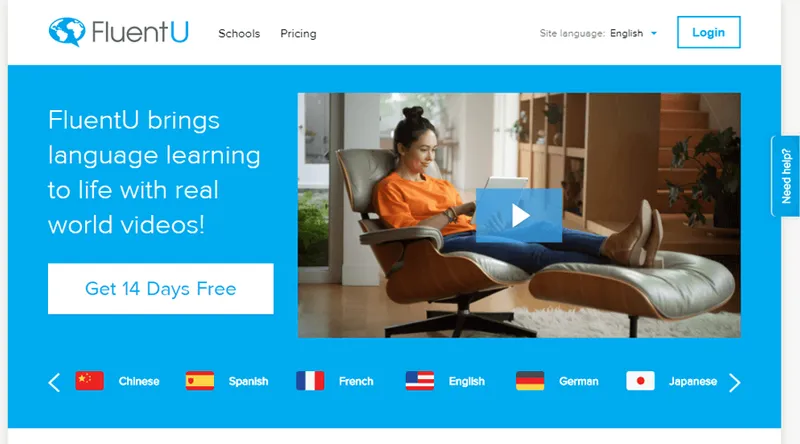
Mango Languages
This learning platform believes that learning a new language isn't easy, but is an adventure. The adaptive learning process claims to offer the right content at the right time, with intelligent algorithms and native-speaker audio, which evolves to your progress and unique learning behaviours.
Its Intuitive Language Construction™ builds the six critical skills necessary for true language learning: vocabulary, grammar, pronunciation, culture, comprehension, and retention.
Decide on one of the 70 languages you can learn, and the app claims to do the rest via critical thinking and memory-building exercises that are accompanied by grammar and culture notes.
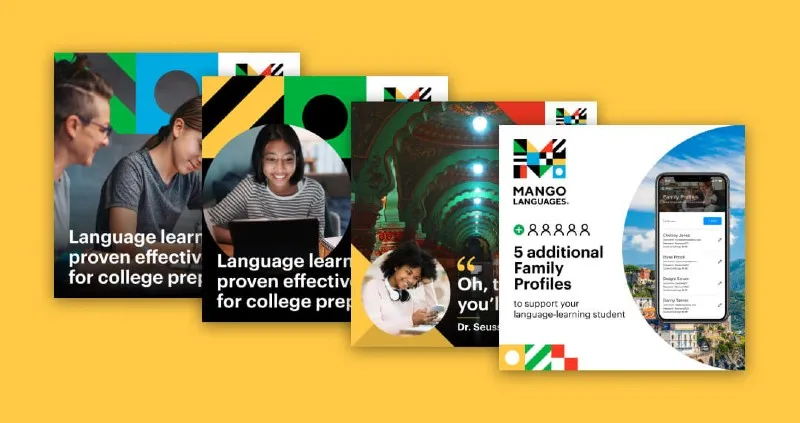
Edited by Teja Lele



![[App Fridays] Amidst COVID-19 information overload, PharmEasy app cuts the clutter with awareness, vaccination, RT-PCR tests and more](https://images.yourstory.com/cs/2/70651a302d6d11e9aa979329348d4c3e/Imagebygb-1621514704925.jpg?fm=png&auto=format&h=100&w=100&crop=entropy&fit=crop)
![[App Friday] This productivity tool lets iPhone users track 100+ subscriptions in one place](https://images.yourstory.com/cs/2/dc9aa1302d6c11e9aa979329348d4c3e/App-friday8-1615458371642.png?fm=png&auto=format&h=100&w=100&crop=entropy&fit=crop)
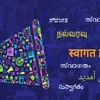
![[Startup Bharat] Here are 5 startups that enable students to learn in local languages](https://images.yourstory.com/cs/2/79900dd0d91311e8a16045a90309d734/innovation-in-education1560257968820-1585066858770.png?fm=png&auto=format&h=100&w=100&crop=entropy&fit=crop)




